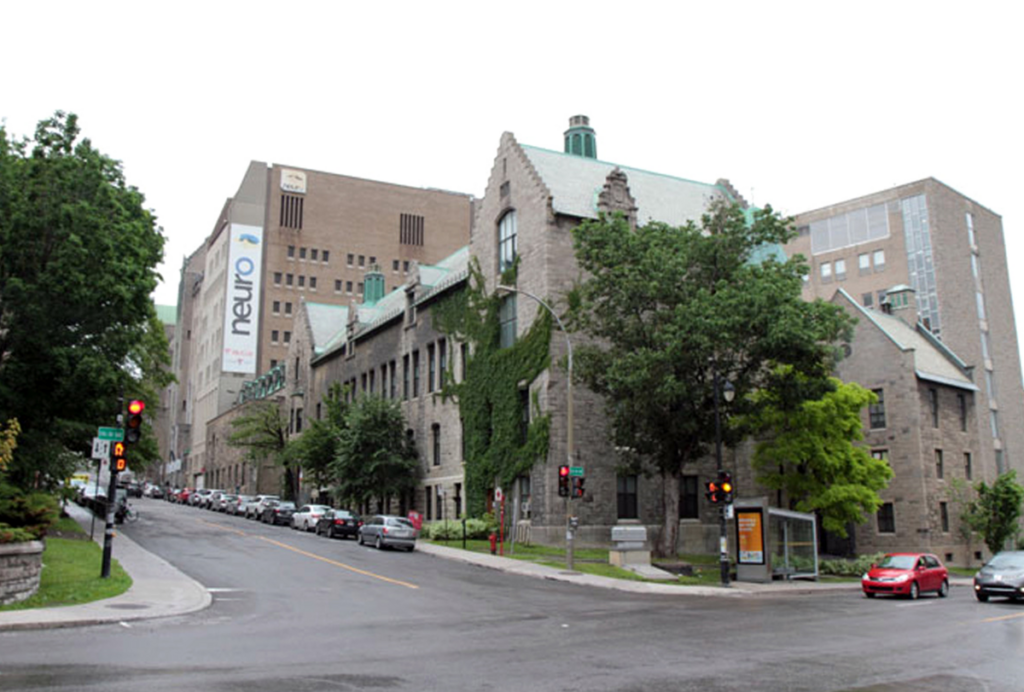Spotted: Replication fail; remembering Oliver Sacks
Two-thirds of psychology studies can’t be replicated, and the world loses the great Oliver Sacks.
- The world lost one its great minds Sunday with the death of neurologist and author Oliver Sacks. Admirers have offered many heartfelt tributes this week, but this one in particular caught our eye:
“He just added so much to the literature of how the mind works, especially when the mind is a so-called not normal mind,” Temple Grandin, animal scientist and autism advocate, told Wired. “He really got inside these minds. He got inside my mind.”
Sacks wrote about Grandin in his book “An Anthropologist on Mars.”
- Replication is a cornerstone of science. And that cornerstone appears to be crumbling.
Last week, researchers from the Reproducibility Project, a collaborative effort to reproduce scientific findings run by the Center for Open Science, released results from their re-do of 100 studies published in top psychology journals. Although 97 percent of the studies had significant results the first time around, only 36 percent of them held up in the hands of other researchers.
The findings, published in Science, highlight the tremendous need for careful replication — something that few scientists (and perhaps fewer journals) have the incentive to carry out.
“We see this is a call to action, both to the research community to do more replication, and to funders and journals to address the dysfunctional incentives,” lead researcher Brian Nosek, professor of psychology at the University of Virginia, told The New York Times.
- The founder of PubPeer, a popular website that allows researchers to anonymously critique other scientists’ work, has finally revealed himself.
Brandon Stell, neuroscientist and co-team leader of the brain physiology lab at Paris Descartes University in France, said he started the site anonymously in case “it was a disaster,” and to avoid succumbing to pressure from unhappy colleagues to remove certain comments.
The idea for PubPeer came from attending heated journal clubs, Stell told Nature. “Ever since I was an undergrad, I’ve been going to journal clubs and leaving them thinking, ‘Wow people just eviscerated that paper, and I wonder what the author’s response would be.’”
Stell revealed his identity Monday in an online message announcing the PubPeer Foundation, a nonprofit that aims to improve the quality of scientific research by enabling community interaction, starting with the PubPeer site.
- An article in this week’s Nature explores an interesting fix for the growing number of postdoctoral researchers vying for a shrinking number of faculty positions: internships.
The article describes a National Institutes of Health program called Broadening Experience in Scientific Training (BEST). Launched in 2013, BEST has provided career training to roughly 10,000 graduate students and 600 postdocs. The program aims to repair the broken (or at least clogged) postdoc pipeline by preparing scientists for non-faculty careers.
Much of the training takes place in the form of internships, either on campus or in industry. We’re excited to see where this goes.
Explore more from The Transmitter

Inclusivity committee disbands in protest at Canadian neuroscience institute

